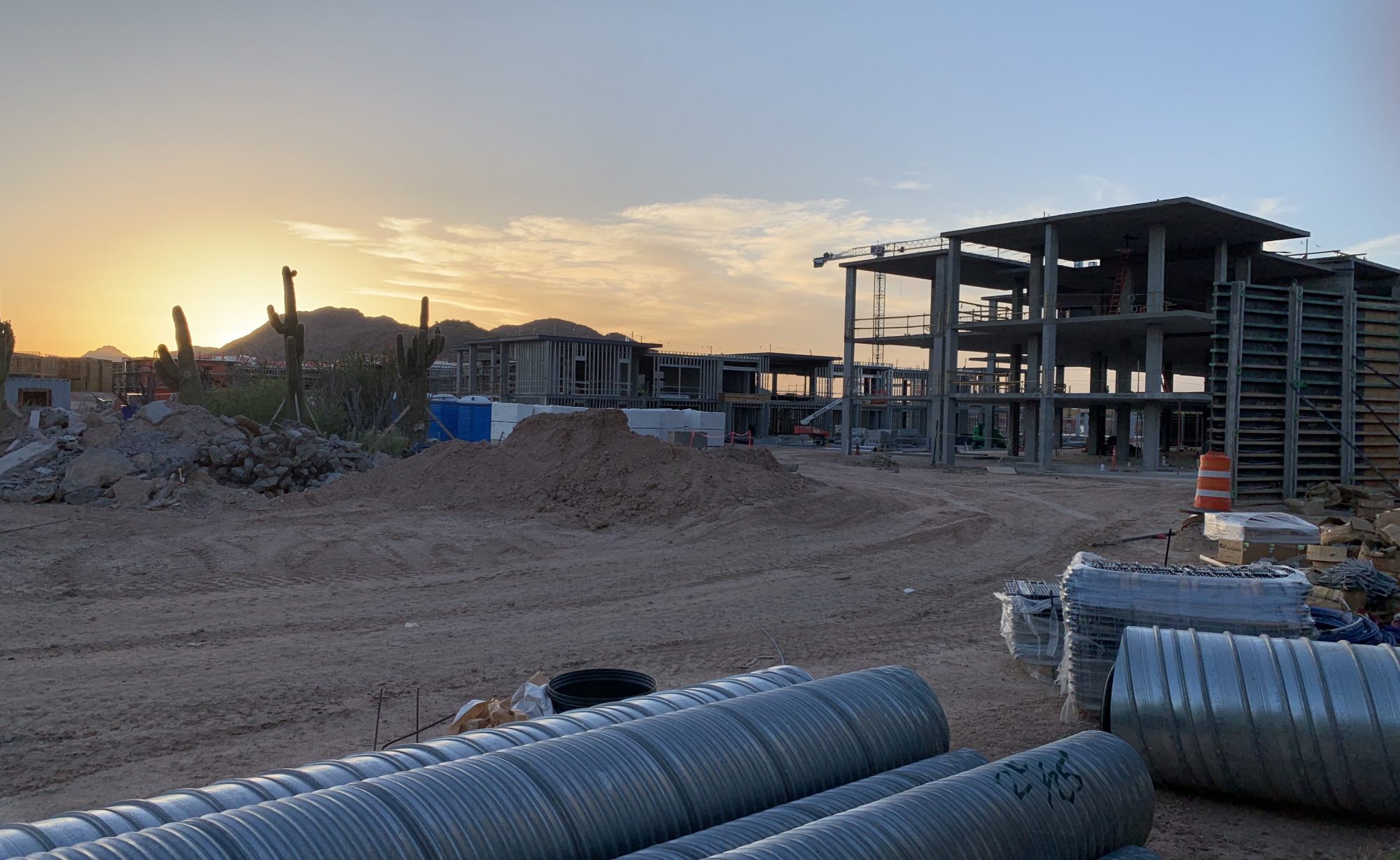
A decade ago, the Arizona Court of Appeals held that “the primary purpose of [Arizona’s Prompt Pay] Act is to establish a framework for ensuring timely payments from the owner to the contractor and down the line to the subcontractors and suppliers whose work has been approved.” Stonecreek Bldg. Co., Inc. v. Shure, 216 Ariz. 36, 39 (App. 2007) (emphasis added). But just recently in Zumar Industries, Inc. v. Caymus Corp., No. 1 CA-CV 16-0423, the Court of Appeals was tasked with deciding whether the Act still applied to a “down the line” relationship on a federal work project, where there was, by statute, no preceding “owner-contractor” relationship. The Court held that the Act did not apply in these circumstances.
Background
The dispute in Zumar arose out of a road sign construction project at Grand Canyon National Park. Defendant/Appellant Caymus Corporation (“Contractor”) entered into an agreement with the National Park Service (“NPS”) to provide and install the signs, and subsequently subcontracted with Plaintiff/Appellee Zumar Industries, Inc. (“Supplier”) to obtain the necessary sign panels. Although, NPS immediately raised concerns about the quality and quantity of the sign panels furnished by Supplier, Contractor submitted a pay application to NPS, certifying that the sign panel line item of the prime contract was 100% completed. In total, Contractor requested and received $98,800.00 for the panels. Nevertheless, and despite Supplier having submitted invoices for the full amount of the sign panels, Contractor withheld $35,632.33 from Supplier pending “satisfactory performance” of the subcontract. Contractor and Supplier were unable to resolve their dispute concerning the panels, and Contractor refused to release the amounts it was withholding.
Supplier filed suit for breach of contract and subsequently moved for summary judgment. Supplier argued that Contractor “violated state and federal prompt pay laws, which constituted a material breach of the subcontract.” The trial court agreed, granted the motion, and ultimately entered a final judgment. Contractor appealed.
Discussion
On appeal, Contractor argued that Supplier failed to establish it was entitled judgment as a matter of law under Arizona’s Prompt Pay Act (the “Act”). In particular, Contractor argued that “the Act does not apply to agencies of the federal government, as they cannot be ‘owners’ under the Act.” Supplier countered that “the prompt pay provisions of the Act do not hinge upon the identity of the owner of the project, [but] the provisions apply to agreements between a contractor and a subcontractor in any context.” The Court of Appeals agreed with Contractor, holding that “[t]he Act’s payment scheme does not apply to this federal project, and its provisions cannot be read into the contract dispute.”
In reaching its decision, the Court focused on the definitions contained within, and applying throughout, the Act. The Court noted, among other things, that: (1) no government or governmental units are included within the definition of “owner” in A.R.S. § 32-1129(A)(4); (2) § 32-1129(A)(4) defines “contractors” as those having “a direct contract with an owner to perform work under a construction contract;” and (3) § 32-1129(A)(6) defines “subcontractors” as those having “a direct contract with a contractor…to perform a portion of the work under a construction contract.” (Emphasis added). The Court reasoned that because the identity of parties as “contractors” or “subcontractors” for purposes of the Act was predicated on there being a statutorily defined “owner,” the prompt pay obligations of contractors to subcontractors under§ 32-1129.02 turned on the same issue. Stated differently, the Court found that “[t]he Act is framed around the central concept of ‘owner,’ as defined by the Act, and the flow of payments from owner to contractor and down the line; contractor-subcontractor disputes cannot be solely separated from that framework.”
Given that NPS is a bureau of the U.S. Department of the Interior and, therefore, a federal agency, the Court of Appeals concluded that NPS could not be an “owner” for purposes of the Act. Accordingly, the Court held that the Act did not apply to the relationship between Contractor and Supplier, such that Contractor could not have breached the subcontract by failing to comply with the Act. The Court of Appeals reversed the lower court’s grant of summary judgment and remanded the case for further proceedings.
Conclusion
All contractors that perform work on federal projects in Arizona should be aware of Zumar’s holding that Arizona’s Prompt Pay Act does not apply to contractor-subcontractor relationships on such projects. Armed with this knowledge, contractors can govern their conduct accordingly, whether they be general contractors or subs.
